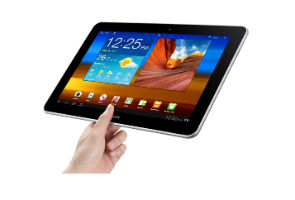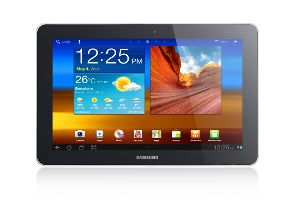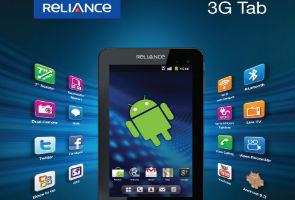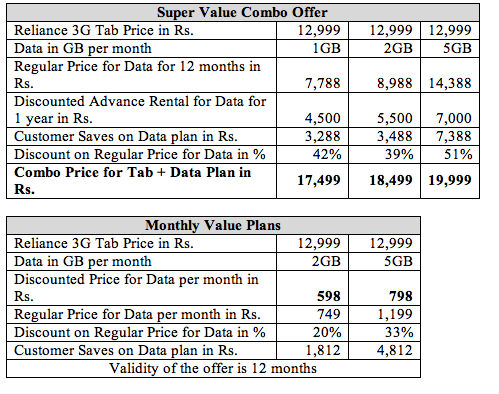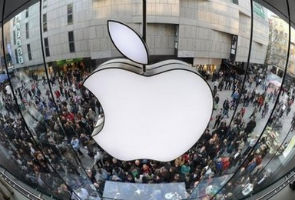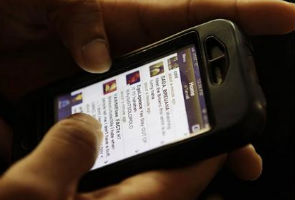
Hackers are out to stymie your smartphone.
Last
week, security researchers uncovered yet another strain of malicious
software aimed at smartphones that run Google's popular Android
operating system. The application not only logs details about incoming
and outgoing phone calls, it also records those calls.
That came a
month after researchers discovered a security hole in Apple Inc.'s
iPhones, which prompted the German government to warn Apple about the
urgency of the threat.
Security experts say attacks on
smartphones are growing fast - and attackers are becoming smarter about
developing new techniques.
"We're in the experimental stage of
mobile malware where the bad guys are starting to develop their business
models," said Kevin Mahaffey, co-founder of Lookout Inc., a San
Francisco-based maker of mobile security software.
Wrong-doers
have infected PCs with malicious software, or malware, for decades. Now,
they are fast moving to smartphones as the devices become a vital part
of everyday life.
Some 38 percent of American adults now own an
iPhone, BlackBerry or other mobile phone that runs the Android, Windows
or WebOS operating systems, according to data from Nielsen.
That's
up from just 6 percent who owned a smartphone in 2007 when the iPhone
was released and catalyzed the industry. The smartphone's usefulness,
allowing people to organize their digital lives with one device, is also
its allure to criminals.
All at once, smartphones have become
wallets, email lockboxes, photo albums and Rolodexes. And because owners
are directly billed for services bought with smartphones, they open up
new angles for financial attacks. The worst programs cause a phone to
rack up unwanted service charges, record calls, intercept text messages
and even dump emails, photos and other private content directly onto
criminals' servers.
Evidence of this hacker invasion is starting to emerge.
-
Lookout says it now detects thousands of attempted infections each day
on mobile phones running its security software. In January, there were
just a few hundred detections a day. The number of detections is nearly
doubling every few months. As many as 1 million people were hit by
mobile malware in the first half of 2011.
- Google Inc. has
removed about 100 malicious applications from its Android Market app
store. One particularly harmful app was downloaded more than 260,000
times before it was removed. Android is the world's most popular
smartphone operating software with more than 135 million users
worldwide.
- Symantec Corp., the world's biggest security
software maker, is also seeing a jump. Last year, the company identified
just five examples of malware unique to Android. So far this year, it's
seen 19. Of course, that number pales compared with the hundreds of
thousands of new strains targeting PCs every year, but experts say it's
only a matter of time before criminals catch up.
"Bad guys go
where the money is," said Charlie Miller, principal research consultant
with the Accuvant Inc. security firm, and a prominent hacker of mobile
devices. "As more and more people use phones and keep data on phones,
and PCs aren't as relevant, the bad guys are going to follow that. The
bad guys are smart. They know when it makes sense to switch."
When
it comes to security, smartphones share a problem with PCs: Infections
are typically the responsibility of the user to fix, if the problem is
discovered at all.
The emergence in early July of a previously
unknown security hole in Apple Inc.'s iPhones and iPads cast a spotlight
on mobile security. Users downloaded a program that allowed them to run
unauthorized programs on their devices. But the program could also be
used to help criminals co-opt iPhones. Apple has since issued a fix.
It
was the second time this year that the iPhone's security was called
into question. In April the company changed its handling of location
data after a privacy outcry that landed an executive in front of
Congress. Researchers had discovered that iPhones stored the data for a
year or more in unencrypted form, making them vulnerable to hacking.
Apple CEO Steve Jobs emerged from medical leave to personally address
the issue.
The iPhone gets outsize attention because it basically
invented the consumer smartphone industry when it was introduced in
2007. But Apple doesn't license its software to other phone
manufacturers. Google gives Android to phone makers for free. So,
Android phones are growing faster. As a result, Google's Android Market
is a crucial pathway for hacking attacks.
The app store is a
lightly curated online bazaar for applications that, unlike Apple's App
Store, doesn't require that developers submit their programs for
pre-approval.
Lookout says it has seen more unique strains of
Android malware in the past month than it did in all of last year. One
strain seen earlier this year, called DroidDream, was downloaded more
than 260,000 times before Google removed it, though additional variants
keep appearing.
Lookout says about 100 apps have been removed from the Android Market so far, a figure Google didn't dispute.
Malicious
applications often masquerade as legitimate ones, such as games,
calculators or pornographic photos and videos. They can appear in
advertising links inside other applications. Their moneymaking schemes
include new approaches that are impossible on PCs.
One recent
malicious app secretly subscribed victims up to a service that sends
quizzes via text message. The pay service was charged to the victims'
phone bills, which is presumably how the criminals got paid. They may
have created the service or been hired by the creator to sign people up.
Since malware can intercept text messages, it's likely the victims
never saw the messages - just the charges.
A different piece of
malware logs a person's incoming text messages and replies to them with
spam and malicious links. Most mobile malware, however, keep their
intentions hidden. Some apps set up a connection between the phone and a
server under a criminal's control, which is used to send instructions.
Google
points out that Android security features are designed to limit the
interaction between applications and a user's data, and developers can
be blocked. Users also are guilty of blithely click through warnings
about what personal information an application will access.
Malicious
programs for the iPhone have been rare. In large part, that's because
Apple requires that it examine each application before it goes online.
Still, the recent security incidents underline the threat even to the
most seemingly secure devices.
A pair of computer worms targeting
the iPhone appeared in 2009. Both affected only iPhones that were
modified, or "jailbroken," to run unauthorized programs.
And
Apple has dealt with legitimate applications that overreached and
collected more personal data than they should have, which led to the
Cupertino, Calif.-based company demanding changes.
"Apple takes
security very seriously," spokeswoman Natalie Kerris said in July. "We
have a very thorough approval process and review every app. We also
check the identities of every developer and if we ever find anything
malicious, the developer will be removed from the iPhone Developer
Program and their apps can be removed from the App Store."
A
criminal doesn't even need to tailor his attacks to a mobile phone.
Standard email-based "phishing" attacks - tricking people into visiting
sites that look legitimate - work well on mobile users. In fact, mobile
users can be more susceptible to phishing attacks than PC users.
The
small screens make it hard to see the full Internet address of a site
you're visiting, and websites and mobile applications working in tandem
train users to perform the risky behavior of entering passwords after
following links, new research from the University of California at
Berkeley has found.
The study found that the links within
applications could be convincingly imitated, according to the authors,
Adrienne Porter Felt, a Ph.D. student, and David Wagner, a computer
science professor.
They found that "attackers can spoof
legitimate applications with high accuracy, suggesting that the risk of
phishing attacks on mobile platforms is greater than has previously been
appreciated."
A separate study released earlier this year by
Trusteer, a Boston-based software and services firm focused on banking
security, found that mobile users who visit phishing sites are three
times more likely to submit their usernames and passwords than desktop
PC users.
Mobile users are "always on" and respond to emails
faster, in the first few hours before phishing sites are taken down, and
email formats make it hard to tell who's sending a message, Trusteer
found.
Still, mobile users have an inherent advantage over PC
users: Mobile software is being written with the benefit of decades of
perspective on the flaws that have made PCs insecure. But smartphone
demand is exploding, with market research firm IDC predicting that some
472 million smartphones will be shipped this year, compared with 362
million PCs. As a result, the design deterrents aren't likely to be
enough to keep crooks away from the trough.
"It's going to be a problem," Miller said. "Everywhere people have gone, bad guys have followed."

